The heart and the kidney are important organs in your body that work hand in hand to keep you healthy. To learn more about the kidney-heart connection keep reading.
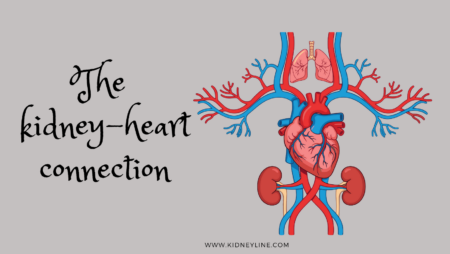
an online kidney care resource
an online kidney care resource

The heart and the kidney are important organs in your body that work hand in hand to keep you healthy. To learn more about the kidney-heart connection keep reading.

Our kidneys are very important organs in our bodies that deserve attention, because our modern …
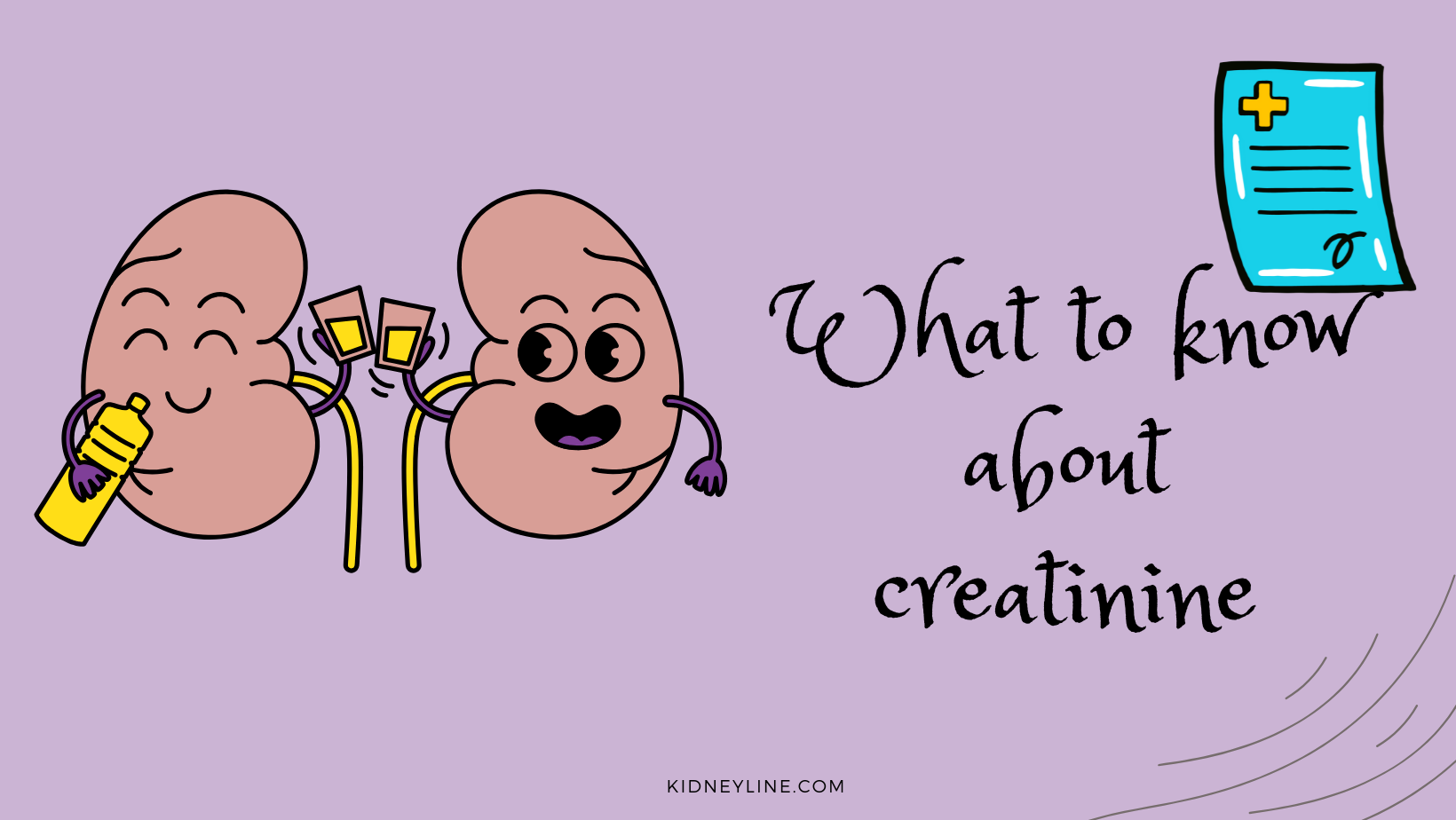
You’ve just gotten your lab results back, and there it is: creatinine 1.8 mg/dL. Your …

Vomiting blood can be very scary. The medical name for it is hematemesis, and it …
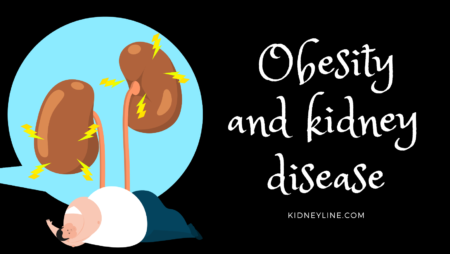
obesity can increase the risk of kidney disease. Obesity causes changes in the structure and function of the kidneys, such as increased pressure in trying to filter waste.
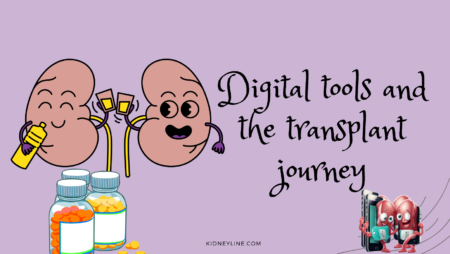
Digital tools can offer a bridge to consistent medication adherence and long-term health after a kidney transplant. Here’s how to use them
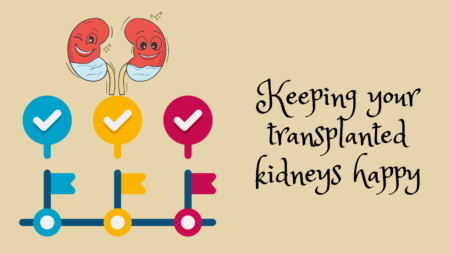
Staying committed to taking your medications after a kidney transplant can be challenging. Here are some tips to keep you motivated on this journey.
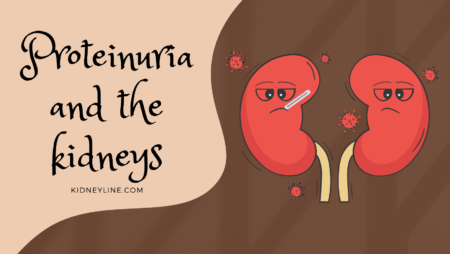
Proteinuria refers to a condition where protein is found in the urine. It may be a sign of kidney disease but can also cause further damage.

NSAIDS are common medications used to treat fever, body aches and pains, arthritis, headaches, and painful menstruation. They can cause kidney injury